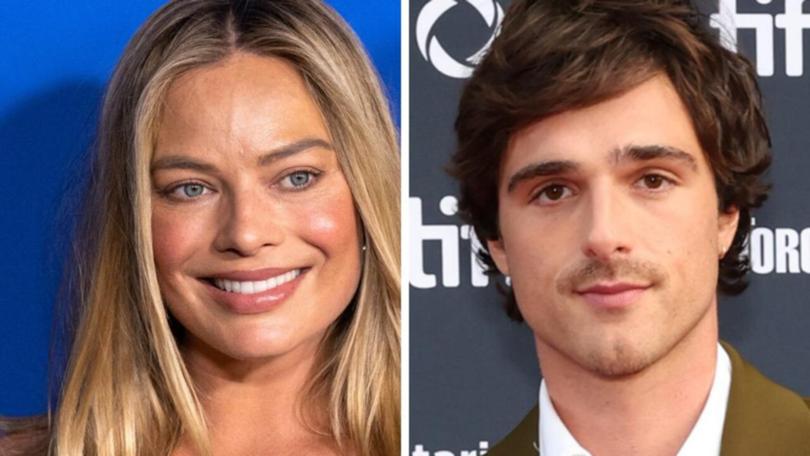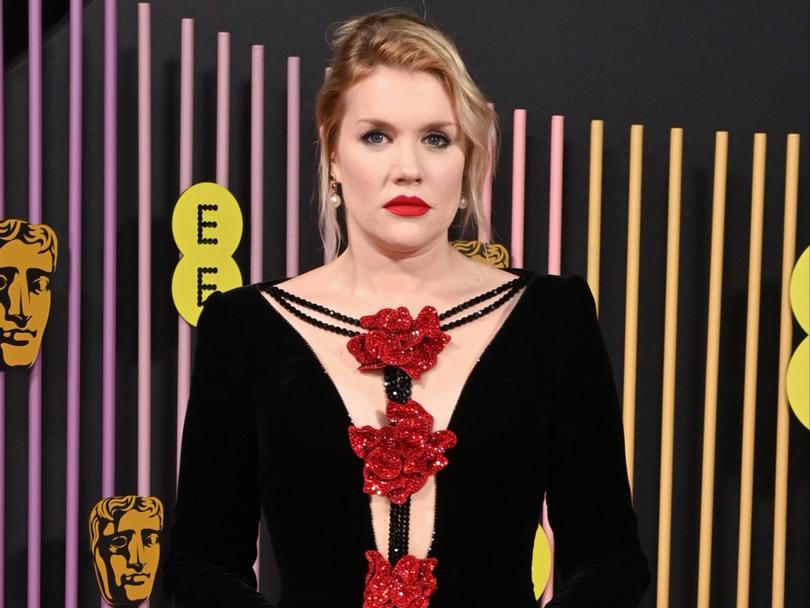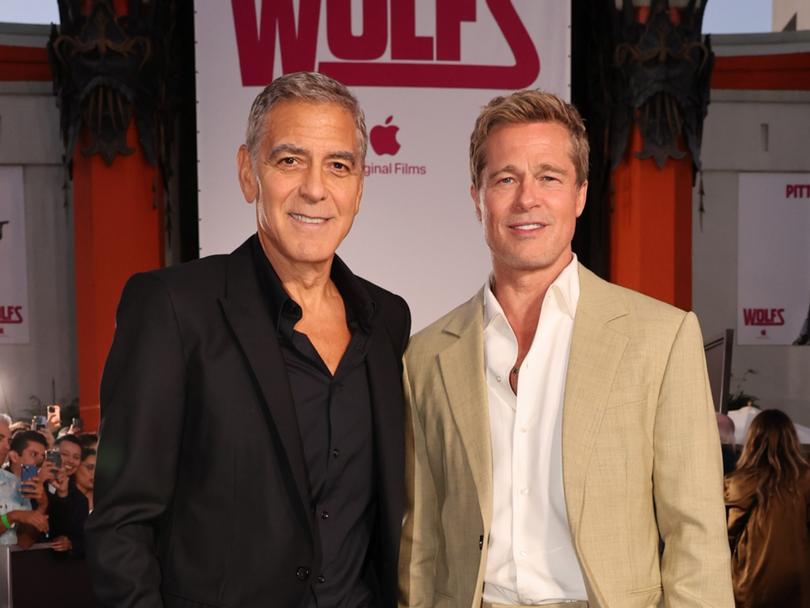Margot Robbie and Emerald Fennell snub $US150 million Netflix offer for Wuthering Heights
Netflix was by far the highest offer in a bidding war for Margot Robbie’s new film, but the Australian actor and producer chose to accept one from a competitor that paid half the amount.

Margot Robbie and Emerald Fennell have turned down a reported $US150 million offer from Netflix for their upcoming adaptation of Wuthering Heights.
Instead, Robbie’s production company LuckyChap and filmmaker Fennell (Promising Young Woman, Saltburn) have decided to go with Warner Bros which paid half of what Netflix put on the table, according to Deadline. Warner Bros also committed to a serious promotional campaign and bonuses for box office success.
The only time Robbie has worked with Netflix was as an executive producer on the miniseries Maid.
Sign up to The Nightly's newsletters.
Get the first look at the digital newspaper, curated daily stories and breaking headlines delivered to your inbox.
By continuing you agree to our Terms and Privacy Policy.LuckyChap confirmed it would produce Fennell’s Wuthering Heights in September. The story is based on Emily Bronte’s gothic romance about a pair of doomed lovers and will star Robbie as Catherine and Jacob Elordi as Heathcliff.
Normally, choosing one studio over another wouldn’t be a massive deal, especially for audiences, but the Wuthering Heights case is significant.
Despite the gargantuan cheque on offer from Netflix, the two turned it down because the streamer wouldn’t give the film a wide release in cinemas. The battle between a theatrical release and not is an increasingly tense one.

The news of Netflix’s offer was first reported by Puck two weeks ago and even then, the cinema component was the sticking point. At the time, Puck also contended that Greta Gerwig, who is making Netflix’s Chronicles of Narnia films, has also been agitating, albeit politely, for a cinema release but it seemed unlikely.
Netflix has, in the past, given a small window to some award-contender films. Movies that are submitted for Oscars must have a cinema release in the US but it’s usually limited to the coastal capital cities and usually only for two weeks.
Netflix does, from time to time, do the same in Australia but the selection was small to start, has become increasingly rare and rarely promoted.
Rian Johnson’s Daniel Craig-starring Glass Onion: A Knives Out Mystery was the rare exception to receive a global wide release in 2022 but that was baked into the deal when Netflix bought the rights to the films.
Since then, the streamer has only doubled down on its unwillingness to release high-profile films in cinemas.

Last week, during the earnings call for its third quarter results, co-chief executive Ted Sarandos said, “Look, I’m just going to reiterate, we are in the subscriptions streaming business, and you can see our results. It’s a pretty good business and it appeals to a very large segment of consumers and fans.”
It’s not only Netflix that has been caught in the streaming versus cinema quagmire. Recently, the George Clooney and Brad Pitt movie Wolfs was relegated to a streaming-only release on Apple TV+ despite an earlier commitment to put it in cinemas around the world.
The decision to pull the worldwide cinema component was made late in the game and in the end, it had a limited release in the US.
Clooney and Pitt were disappointed by the decision having previously said they picked that particular deal because of the possibility that it would have a wide cinema run.
Clooney said at the Venice Film Festival where Wolfs premiered, “Yes, we wanted it to be released, we’ve had some bumps along the way, that happens. There are elements of this that we are figuring out.
“It is a bummer, of course it’s a bummer. On the other hand a lot of people are going to see the film and we are getting a release in a few hundred theatres. But yeah, it would have been nicer to have a wide release.”

Filmmaker Doug Liman was so incensed that his Road House reboot had been downgraded to a streaming-only release when MGM was bought by Amazon. He wrote in an open letter, “If we don’t put tentpole movies in movie theatres, there won’t be movie theatres in the future”.
It later emerged that there had been a negotiation earlier in the process after the Amazon acquisition where Liman, producer Joel Silver and star Jake Gyllenhaal were given a choice – they could keep their theatrical release with a budget of $US60 million or take a streaming-only option and the budget would be upped to $US85 million.
Apparently, they took the bigger honey pot.
A streaming-only release might be fine for movies such as Lindsay Lohan’s Christmas flicks or brainless Chris Pratt actioners (since 2020, Pratt has only made franchise or streaming movies).
But for cinema lovers invested in the continued existence of the large screen to provide the most immersive storytelling experience, it’s often a blow when Netflix buys a movie that deserves better than to be thrown onto a platform next to the latest season of Love is Blind and forgotten in under a week, replaced by a true crime doco.
By picking a traditional studio committed to a wide cinema release, Robbie and Fennell are saying the cinema experience still matters.

